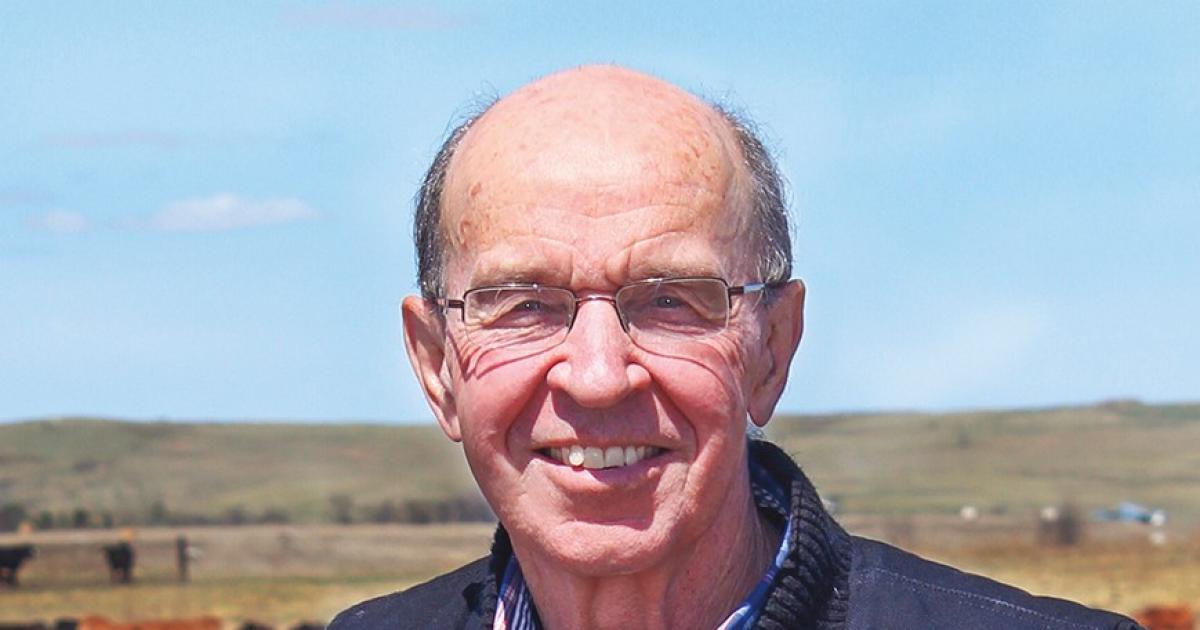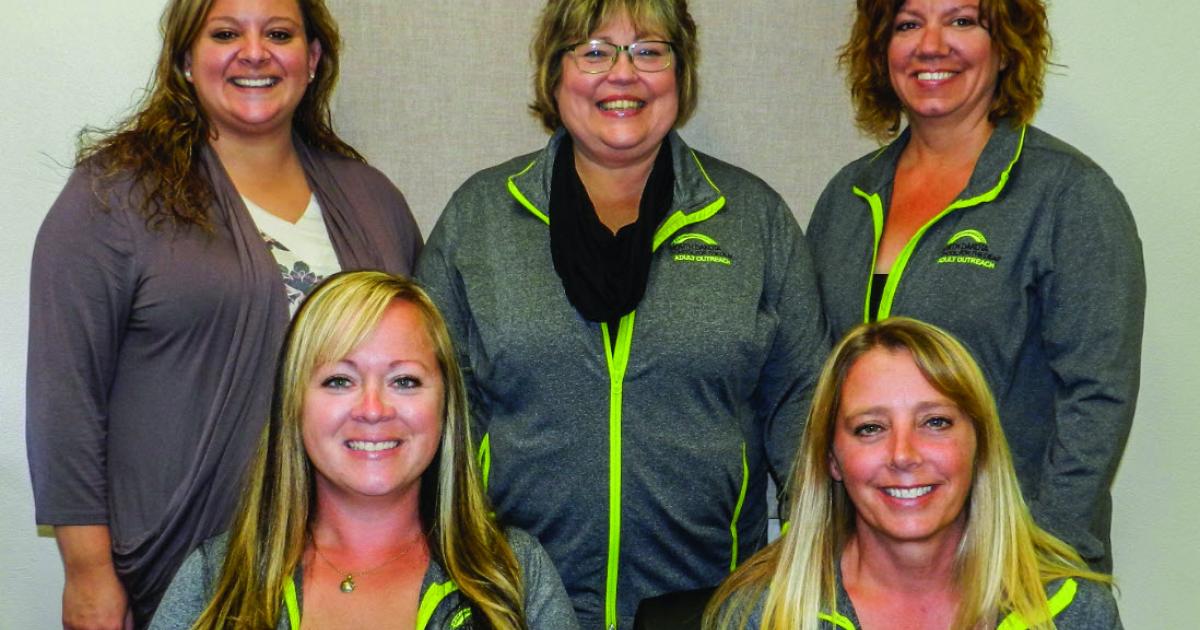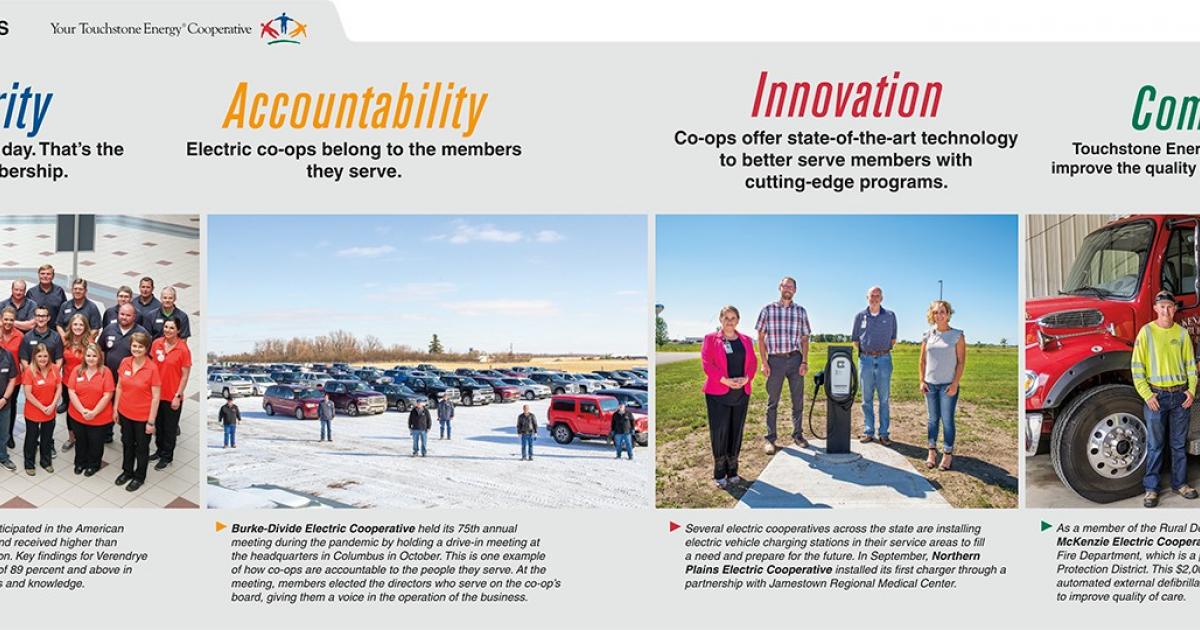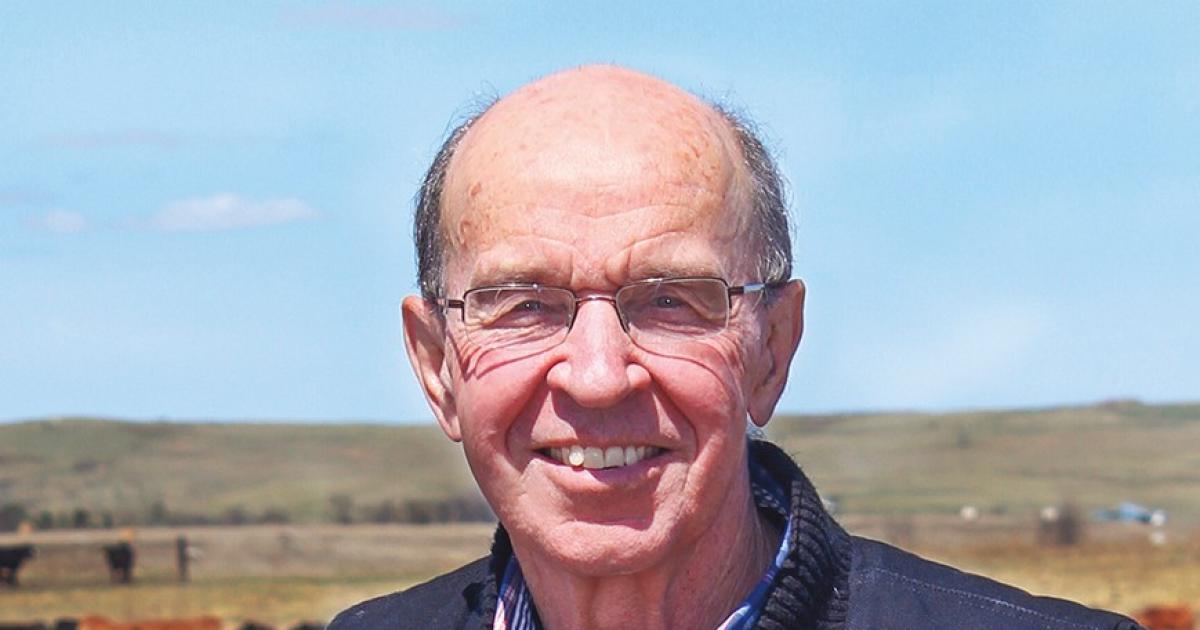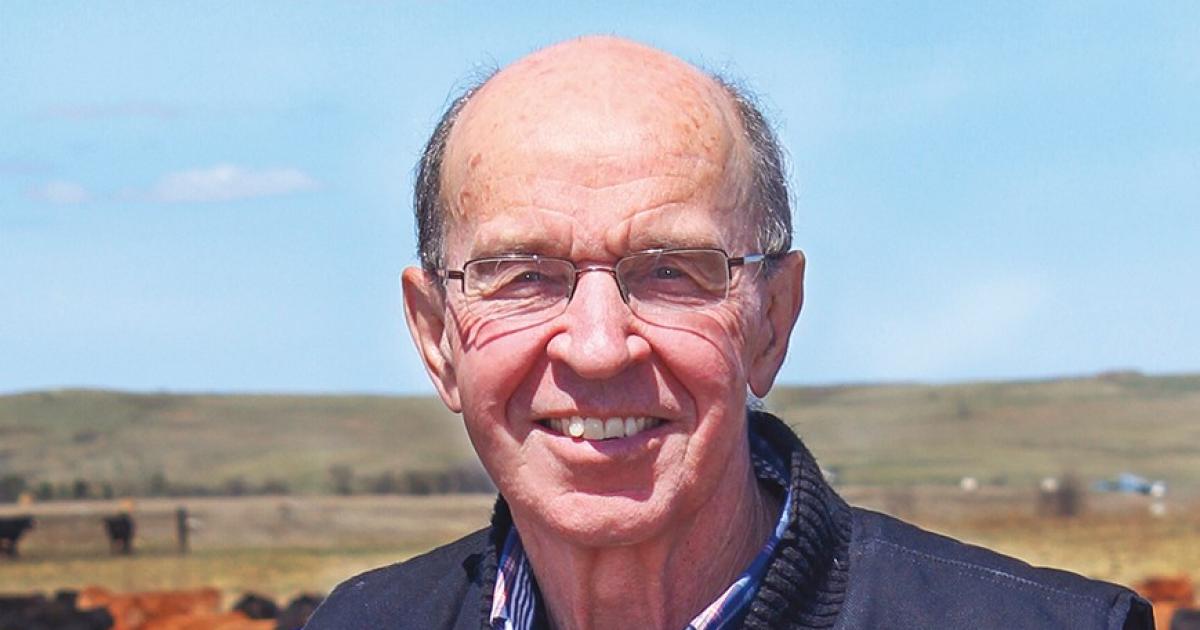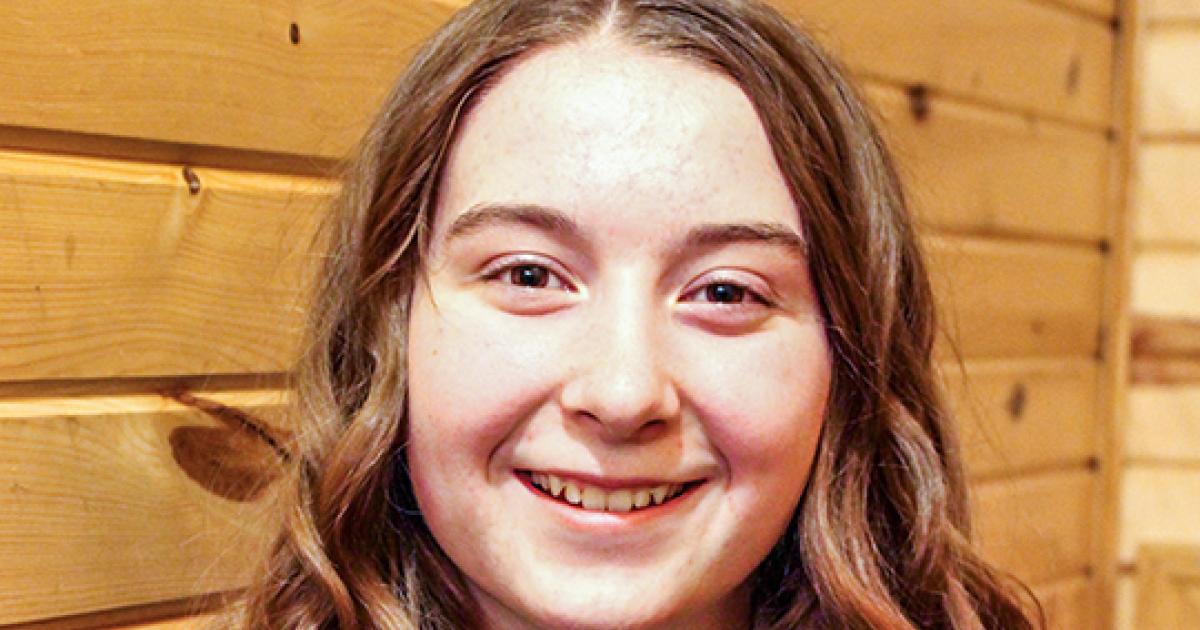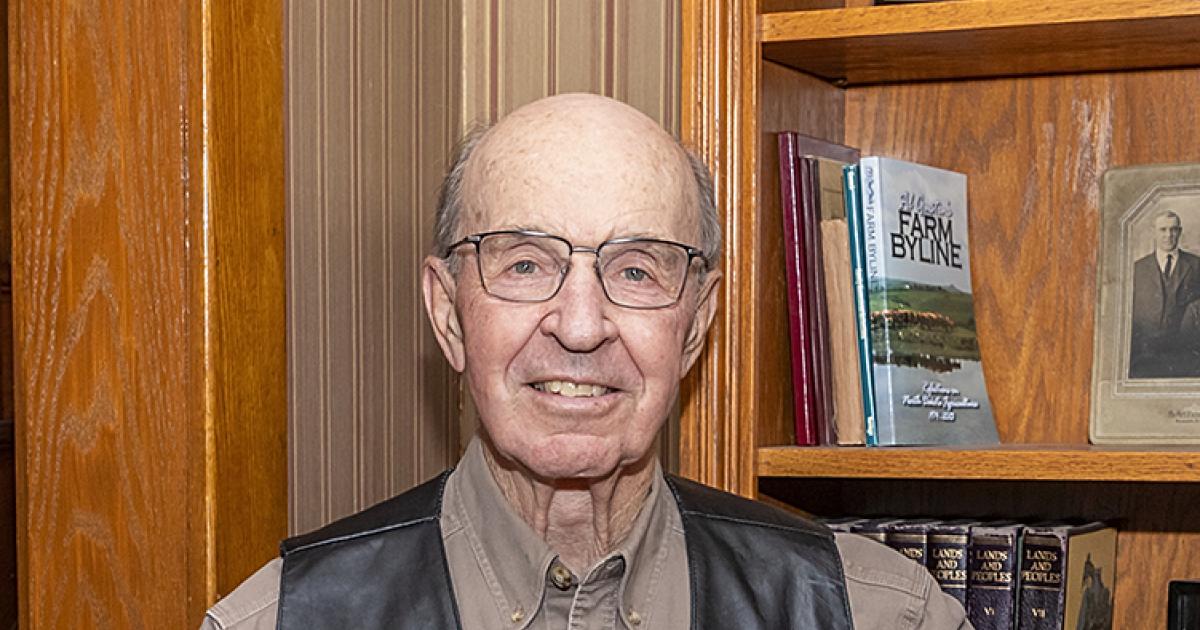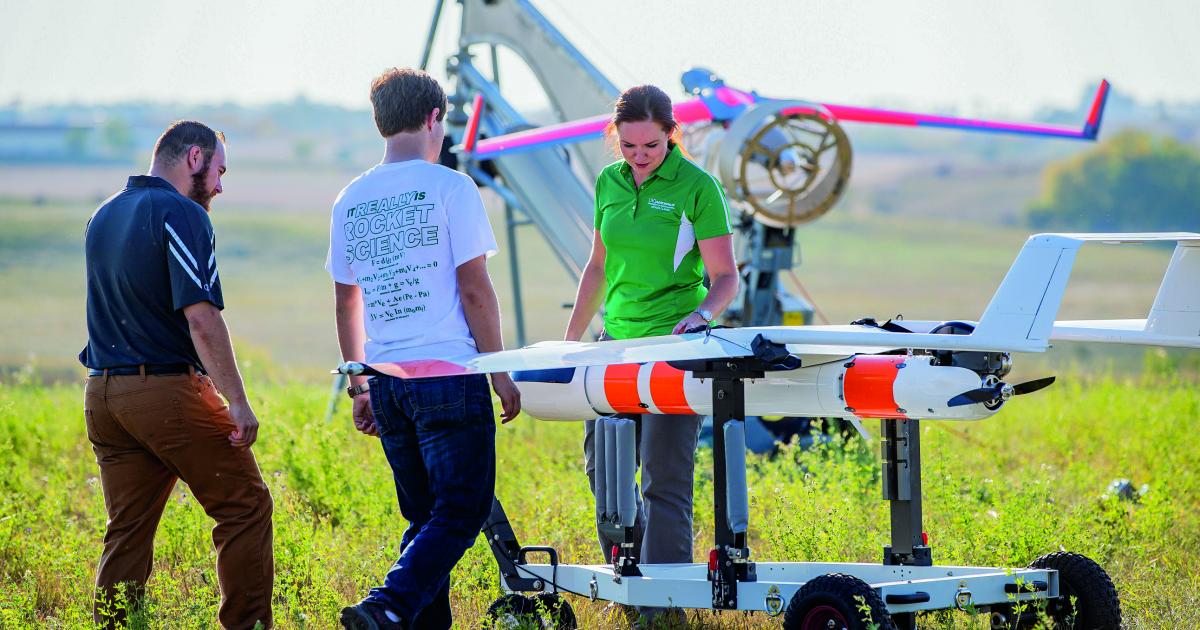One of the reports I did after starting work at KXMB-TV in Bismarck in the late summer of 1969 was about a Japanese trade team visiting North Dakota. The group was led by Paul Sone, a Japanese national who worked at the U.S. Wheat Associates office in Tokyo. Sone and the Japanese millers were visiting the Peavey grain elevator on Front Avenue in Bismarck, looking at samples of newly harvested wheat. The millers wanted to see, firsthand, the quality of the new crop and determine whether it would meet their needs.
Over the years, there have been many such trade team visits to North Dakota and many return visits of North Dakotans to overseas markets. I had the privilege of reporting from a trade mission to Egypt and Jordan in 1976 and one to Japan and China in 1982.
There will be no trade teams coming to look at this year’s North Dakota harvest. The coronavirus put a stop to such visits. One grain industry called the situation regrettable, but then added that “virtual” visits were being held. He said meeting virtually actually has some advantages. Such meetings, he said, are relatively easy to arrange and are, obviously, a lot less expensive. I suspect there will be those who see this as the new normal, who believe that, over time, we all will become accustomed to doing business virtually.
But there is something very special, very effective, about meeting your customers face-to-face, looking them in the eye, shaking their hand, or in the case of meetings in Asia, bowing graciously. It has taken decades of hard work and countless trade missions to develop and cultivate overseas markets for our products. I fear much will be lost, and we will lose business to competing exporters if we think that in-person visits are now passe, and meeting via Zoom is good enough.
An official of the U.S. Dairy Export Council recently said: “What we are seeing is a significant shift to virtual webinars, virtual trainings, virtual conferences.” How we conduct business is going to change, he said, not just in the short term, but in the long term. I hope he’s wrong.
Al Gustin is a retired farm broadcaster, active rancher and a member of Mor-Gran-Sou Electric Cooperative.


